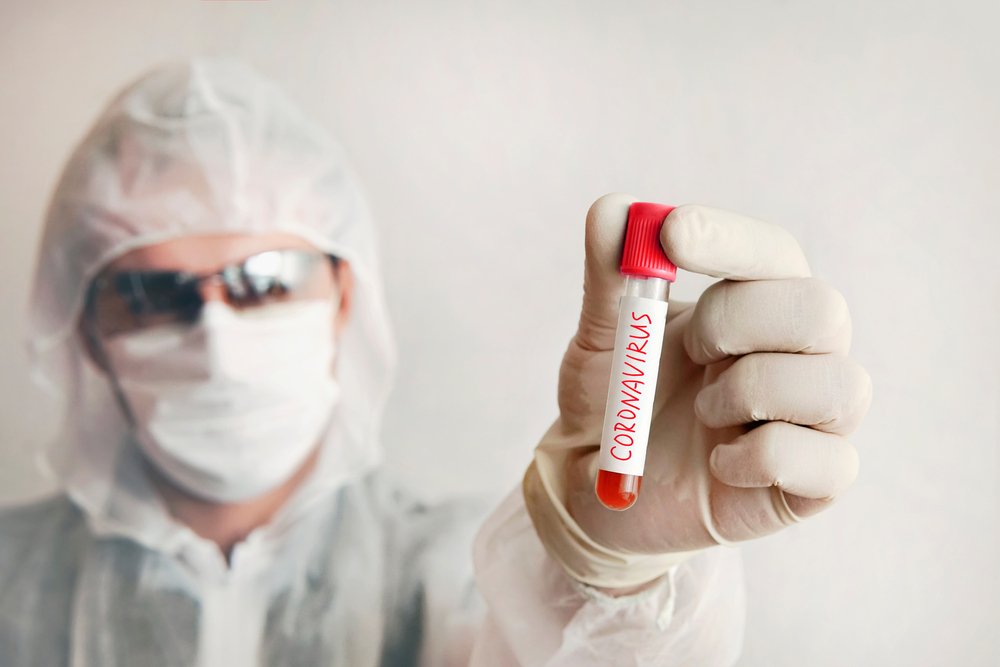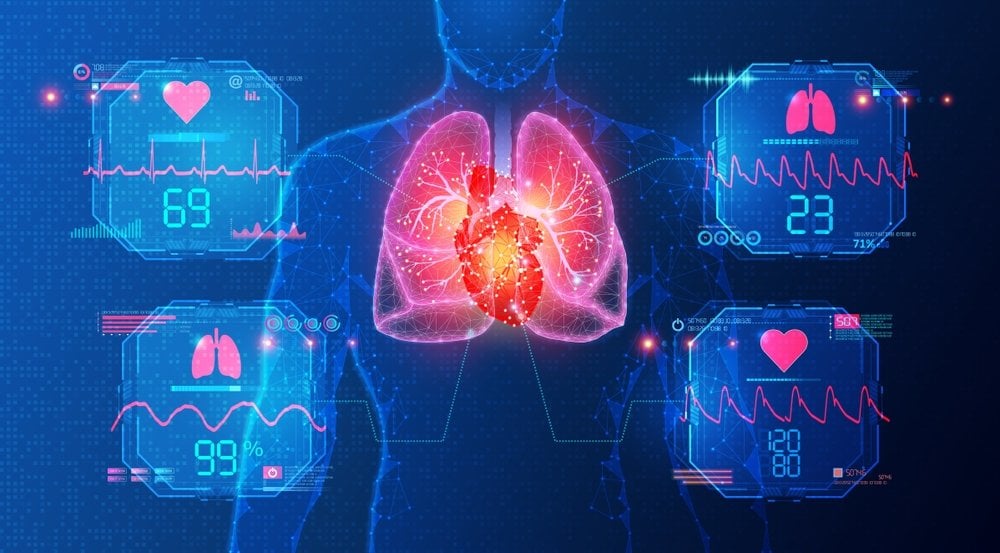New progress in a different kind of coronavirus testing could prove very important for monitoring and treating COVID-19. The tests currently being deployed for patients suspected of having novel coronavirus infections, including exciting new at-home tests, are designed to spot active cases. They work by identifying RNA specific to the virus in samples collected from patients — no RNA, no virus.
This complies with routine testing protocols in healthcare and, here in the U.S., with insurance guidelines designed to focus on finding only the pathogens causing disease. But recent advances in a different kind of test for coronavirus offers a new opportunity to learn potentially vital information. It uses serology, or the study of blood serum, in order to examine how the body has responded to infections.

Unlike RNA testing, serology testing relies on the natural immune response. If you’ve been exposed to a new pathogen, chances are your body has mounted a defense: creating and deploying custom antibodies to neutralize the threat. Once created, those antibodies linger in case they’re needed again. The antibodies found in any given person are like a historical record, documenting the various pathogens to which someone has been exposed.
Typically, accessing that historical record is of little use in dealing with an outbreak, because the most important element is knowing who’s actively infected. But some scientists engaged in the fight against the virus responsible for COVID-19 have turned to serology testing because they think it will provide several benefits.
Right now, for example, if healthcare workers are exposed to the novel coronavirus, they are urged to isolate themselves for two weeks to determine whether they have been infected. But as hospital capacity is strained to the breaking point, it can be disastrous to have those crucial people out of action any longer than absolutely necessary. Having as many healthcare professionals available to treat patients is essential.

Serology testing offers hope: by identifying people who have already been exposed to the virus — whether those people were aware of it or not — and whose systems have since cleared the virus, it should be possible to figure out which healthcare providers can safely re-enter the workforce without the two-week waiting period. “We can test health care workers and ask the ones who are already immune to work with infectious patients,” said Florian Krammer, one of the scientists, explaining his team’s serology work on Twitter. “In that way the virus is not easily spread to colleagues or other patients.” Early studies suggest that people exposed to COVID-19 can develop immunity, though this needs to be proven with larger studies.
Beyond the healthcare realm, serology testing offers benefits too. In places like the U.S. where coronavirus tests have not been widely available, serology tests offer a chance to look at the population more broadly and figure out, after the fact, just how many people were infected. “That means we can determine the true infection rate and infection fatality rate,” Krammer added. Such information would be essential for improving our understanding of the epidemiology of this outbreak, and will help to inform our response for the next one. Finding an especially strong immune response from someone who recovered may even point the way to new treatment options.
Already, some companies and several scientific groups have made strides in developing these tests and have reported early results. Next, they will have to be validated with larger numbers of samples before these tests can be made publicly available. But even the preliminary evidence appears to be very promising in the fight against this new coronavirus.
Meredith Salisbury is Techonomy’s biotech, genomics, and health care correspondent.

















